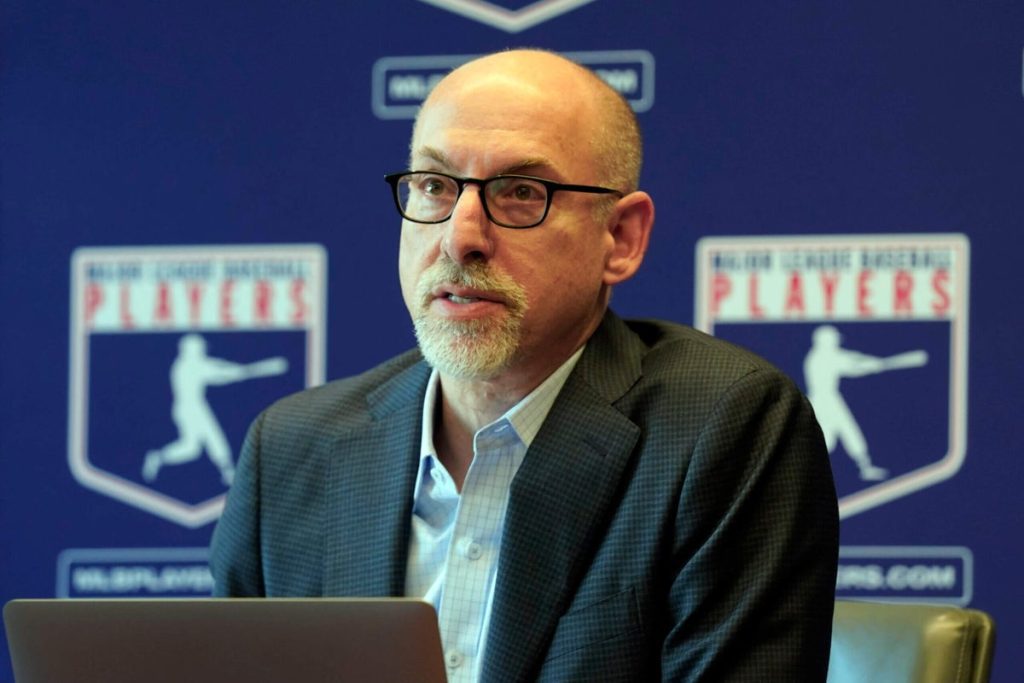Commissioner Rob Manfred’s Economic Plans for MLB
Major League Baseball Commissioner Rob Manfred has recently shared his intentions to persuade players to implement significant changes to the league’s economic structure. Bruce Meyer, the MLB Players Association’s deputy director, commented that players are understandably skeptical about Manfred’s push for a salary cap.
Meetings and Historical Context
This marks the third consecutive year that Manfred has convened discussions with each team. Meyer noted that this approach reflects a long-standing pattern where the league attempts to create divisions among players. He emphasized that certain owners have consistently sought a salary cap for decades, a demand central to the 1994-95 strike which resulted in the cancellation of that year’s World Series.
Contractual Landscape and Owner Intentions
The current labor agreement in MLB is set to expire in December 2026. Unlike other major North American sports, baseball does not have a salary cap, and owners have advocated for one multiple times since the 1970s. Manfred claims that the owners have not yet decided on a definitive strategy, although his discussions with players appear to be leaning toward supporting a cap.
Player Perspectives on Proposed Changes
According to Meyer, players quickly recognize that if such a system is supposedly beneficial for them, the urgency from owners seems suspicious. “They immediately grasp that the owners’ motivation isn’t to increase player salaries,” Meyer remarked, highlighting skepticism towards the league’s intentions.
Competition and Market Disparities
Meyer responded to concerns about financial disparities within the league, pointing out that the team with the highest payroll, the Los Angeles Dodgers, stands in stark contrast to the Miami Marlins, which has one of the lowest. He asserted that the lack of competition isn’t due to high-spending teams like the Dodgers but rather the reluctance of lower-market teams to invest more in their rosters.
Revenue Sharing and Player Security
Meyer stated that previous negotiations included proposals for changes in revenue-sharing systems to ensure funds actually benefit players. He expressed that players are interested in having a salary floor, but noted that owners are resistant to establishing one unless a cap is also implemented, which he characterized as detrimental to competition.
Future Negotiations and Potential for Lockouts
As the MLB approaches renegotiation of the labor agreement, Meyer questioned the sincerity of owners, considering their past actions. If a lockout occurs again, the critical issue will be whether any games will be affected. Meyer remained optimistic, suggesting that both sides have rational interests in preventing a shutdown of the league, given the financial benefits it provides.
(Photo of Bruce Meyer: Richard Drew / Associated Press)



